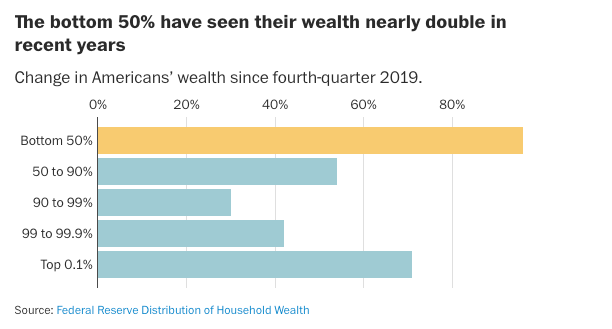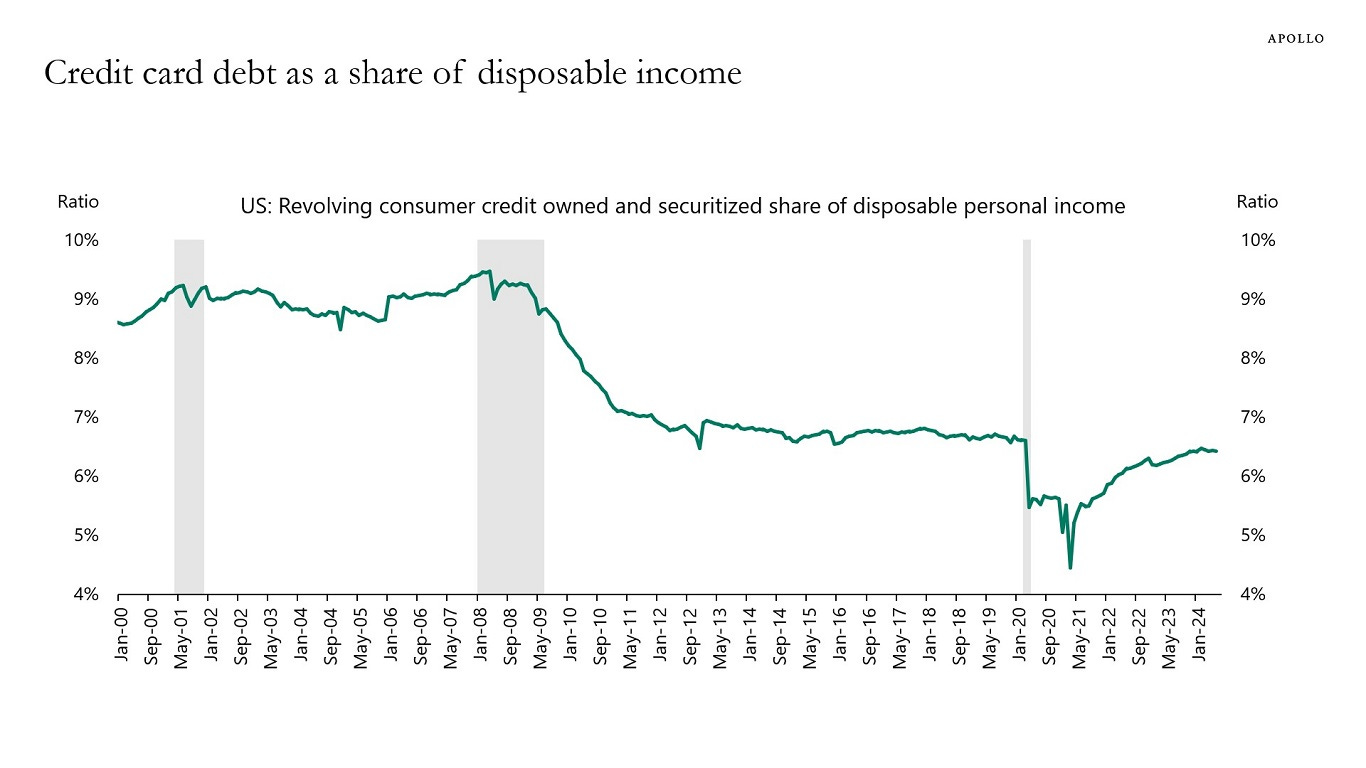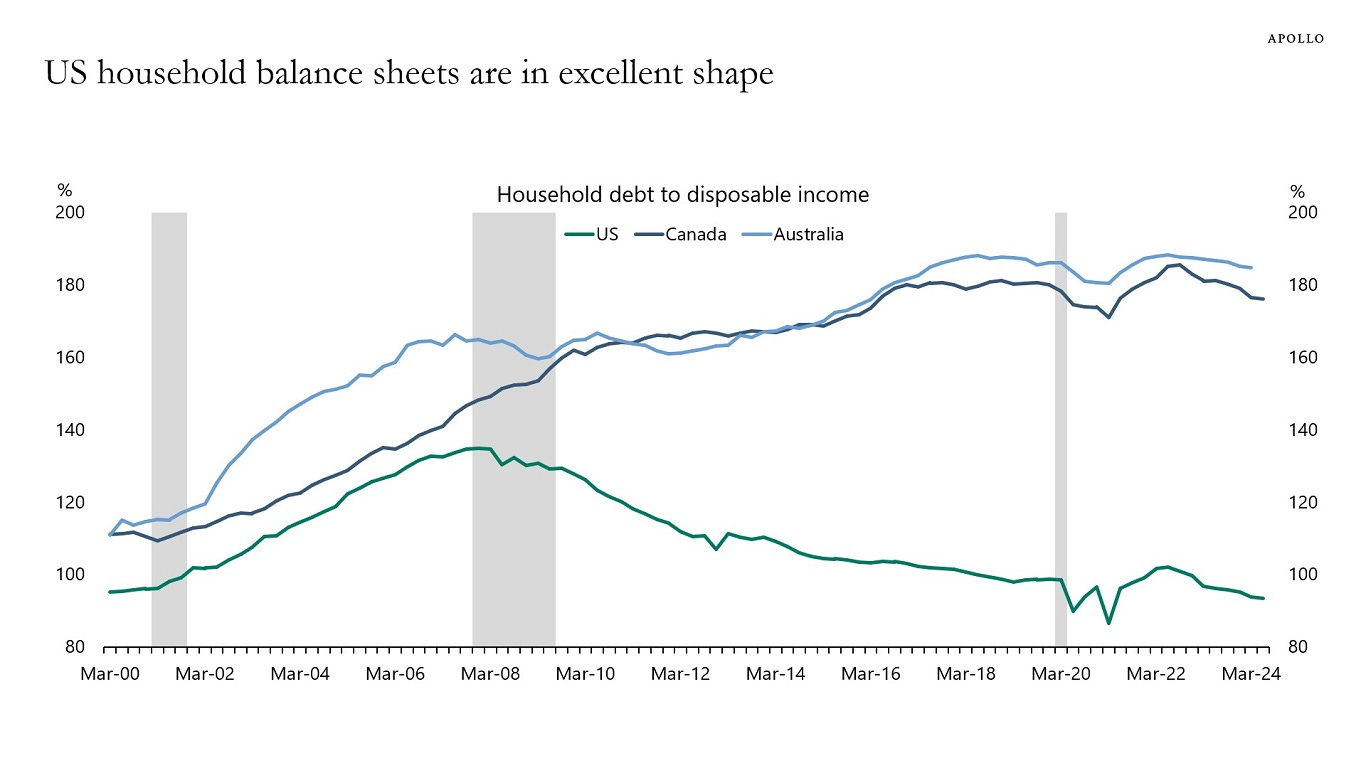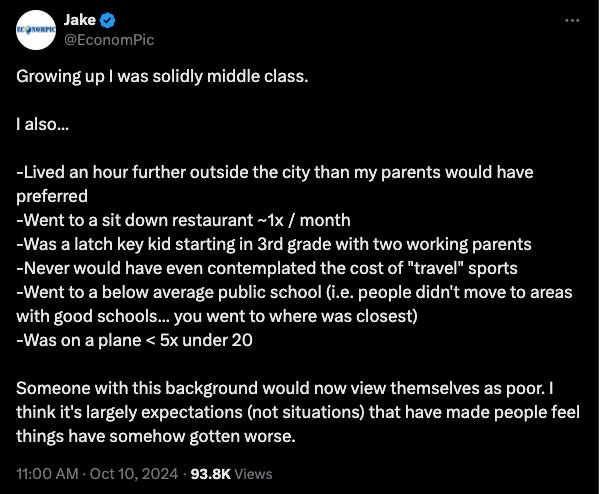Are We Doing Better Than We Think We Are?
I want to share some data and charts that have caught my attention recently.
It seems like it’s becoming increasingly difficult to find good news. Everywhere we look, particularly at our phones, we’re inundated with bad or scary news. And there’s a reason for this—humans are attracted to negativity.
A study of 105,000 headlines and 370 million impressions found that each additional negative word in a headline increased the click-through rate by 2.3%. The study showed that headlines containing positive language are significantly less likely to be clicked on. They even compared the effect of negative words across different topics and analysis revealed that people are especially likely to consume political and economic news when it is negative.
However, the theme of the charts I’m about to share is that we might be doing better than we think we are. The U.S. economy is in pretty good shape, even if no one wants to talk about it.
Despite our incessant complaints about the rising cost of food due to inflation, would you believe me if I said that groceries are becoming more affordable?
Well, according to the Bureau of Labor Statistics, it now takes fewer hours of work to afford a week’s worth of groceries than it did back in 2019:
Not only have we come back down to pre-pandemic levels, but adjusting for wage growth, groceries cost quite a bit less now than they did in decades past.
Even though the prices of things like eggs and milk have risen at a faster pace than many people are comfortable with in recent years, average wages have more than kept pace.
Yes, the stuff we buy costs more now. But we’re also making more money.
Here’s more data from the Bureau of Labor Statistics via a recent article from the Washington Post:
And no, it’s not just the top 1% who are earning more. Americans in the bottom 40% of income have experienced the fastest wage growth.
Additionally, the biggest surge in wealth since 2020 has gone to the bottom 50% of households by net worth:
The bottom 50% have almost doubled their net worth over the past four years.
That’s an extraordinary amount of wealth creation in a very short amount of time.
With lower-income Americans seeing wage and net worth growth, it would make sense that the amount of people living in poverty would also improve. And it has. The poverty rate has been declining since 2022, continuing its broader downward trend over the past 15 years:
Combining strong job and wage growth, rising house and stock prices, along with lower interest rates, U.S. household balance sheets are in great shape.
While credit card balances as a percentage of income have started to increase in the past few years, we’re still much lower than where things were at the beginning of this century:
And I know we like to compare ourselves to others, so here’s a graph showing total U.S. household debt to income compared to Canada and Australia:
So, if things are generally getting better for most Americans, why does it often feel like things are getting worse?
Maybe it’s because we’re getting close to a polarizing presidential election, and people are on edge. As I mentioned above, negativity sells.
However, I wonder if part of it has something to do with the sentiment shared in this tweet:
Now, to avoid sounding like an old man yelling at people to get off of his lawn, I think this is a good thing. It’s progress. We should want to live better lives than our parents and grandparents who came before us.
Yet, it’s harder than ever before to be content with what we have.
It isn’t so much that life is more expensive today, more it’s that our definition of what an average life should look like has risen drastically. While average incomes have kept pace with inflation, they’ve been left in the dust by our expectations.
Anyway, if you feel like you’re falling behind or not doing well enough and want to see where you stand, The Pew Research Center has this cool tool that allows you to enter your income and see where you stand both nationally and locally. Sometimes objective data like this can be good to ground our expectations.
Who knows, maybe you might find you’re doing better than you think you are.
Thanks for reading!










